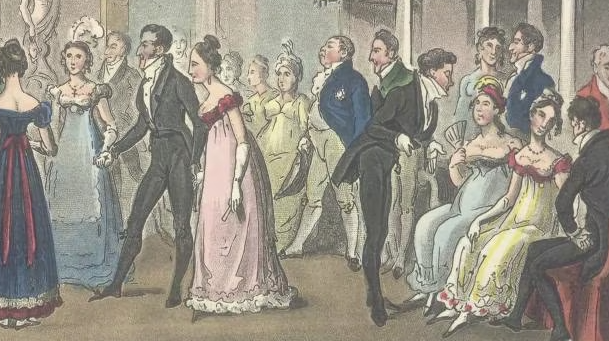Jane Eyre and Social Criticism
In the realm of classic literature, few novels offer as profound a lens into social issues as Charlotte Brontë’s “Jane Eyre.” Set against the backdrop of the Victorian era, this novel not only tells the story of a young orphaned girl finding her way in a harsh world, but it also critiques the societal norms of the time. Exploring themes such as class disparity, gender roles, and moral integrity, “Jane Eyre” remains a relevant piece of literature that resonates with readers today.
The Struggles of Class and Social Status
One of the most striking aspects of “Jane Eyre” is its exploration of social class. The protagonist, Jane, embodies the struggles of those positioned at the lower tiers of society. From her disdainful relatives to her tenure at the charity school, Jane’s experiences highlight the harsh realities faced by the lower class. The novel contrasts Jane’s humble beginnings with the wealth and privilege of characters like Mr. Rochester, demonstrating how class divides can limit personal freedom and affect individual relationships. By elevating Jane’s journey from obscurity to self-assurance, Brontë invites readers to question the fairness of a class-based society and the inherent biases that come with it.
Gender Inequality and Feminist Undertones
Another critical theme in “Jane Eyre” is the treatment of women in the 19th century. Jane’s fight for independence and self-respect serves as a powerful critique of the patriarchal society in which she lives. Societal expectations dictate that women should be subservient, but Jane defies these norms through her quest for autonomy. Her relationship with Mr. Rochester evolves from a conventional master-servant dynamic to one of mutual respect, emphasizing the importance of equality in relationships. Brontë’s portrayal of Jane’s triumphs and tribulations speaks volumes about the struggles women faced—and continue to face—in their pursuit of identity and equality.
Moral Integrity and Personal Growth
Brontë intricately weaves moral questions throughout Jane’s journey, posing intriguing dilemmas about integrity and personal growth. Jane’s moral compass is tested repeatedly, especially in her interactions with Mr. Rochester and others who attempt to manipulate her. Rather than succumb to societal pressures, she chooses to adhere to her principles, showcasing the strength of her character. This steadfastness not only shapes her identity but also serves as a commentary on the importance of moral integrity in a world fraught with emotional and social challenges. Through Jane, Brontë advocates for the values of self-respect and ethical clarity in the face of adversity.
In Conclusion
“Jane Eyre” stands as a poignant exploration of social criticism, highlighting issues that are still relevant today. From class struggles to gender inequality and moral questions, Brontë crafts a narrative that encourages readers to reflect on their own values and societal norms. If you’re intrigued by these themes and want to delve deeper, consider picking up a copy of “Jane Eyre” or exploring scholarly discussions surrounding it. By engaging with this timeless work, you can gain insight into the complexities of human experiences and the ongoing social challenges we face.
